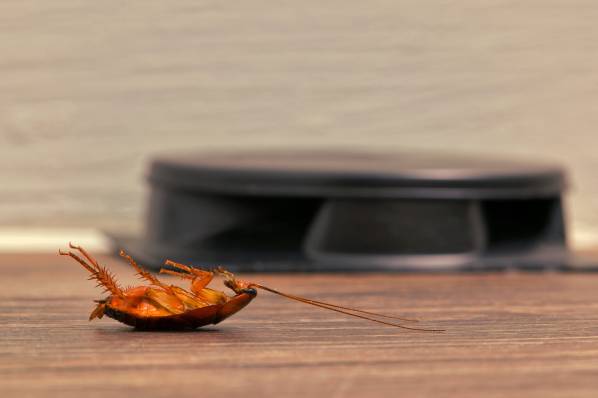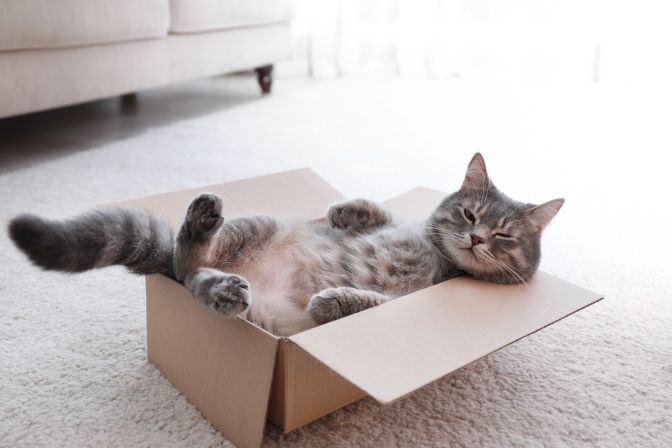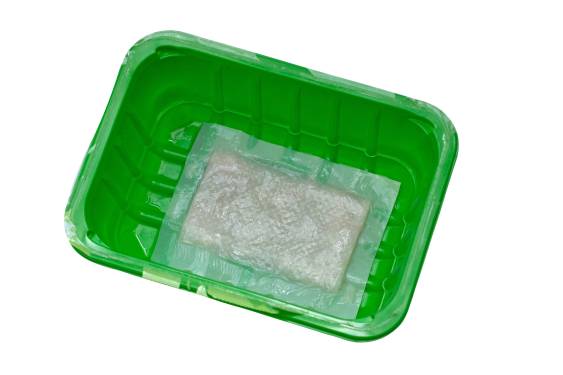
Connect with a verified veterinarian in minutes. Licensed vets are available 24/7 to answer your questions. No need to worry about your furry family member.
Has your cat eaten a birth control pill? Are you worried the birth control pill will make your cat sick? If so, then you’ve come to the right place. We understand it can be scary when our kitties eat something they shouldn’t.
In this article, we’ll take a look at birth control pills and whether or not they can make your cat sick. Let’s get started!
What are Birth Control Pills?
Birth control pills are prescription medications that are taken by mouth to prevent pregnancy.
The pills contain estrogen and progestin, which are hormones that are natural to the body. These hormones work by keeping the body from ovulating and changing the environment in the womb to stop a pregnancy from occurring.
While birth control pills are safe for most people, can they make your cat sick?
Birth Control Pills & Cats
Most birth control pills contain low amounts of hormones. So, if your cat happens to eat one (or even more), chances are she may be OK, or she could develop a mild stomach upset with nausea, vomiting, and diarrhea.
The main problem here though is if your cat has eaten any of the product packaging. The packaging is much more likely to cause more issues than a few pills particularly if it causes an obstruction, which can be life-threatening.
It is worth mentioning, however, a rare problem that could occur if the cat eats a very large number of the pills (more than one or two packages). If this occurs then the pills could cause changes in the , which can make a cat very sick. However, your cat would have to eat many pills for that to happen.

Review symptoms, medications & behavior to keep your pets healthy with a Vet Online in just minutes.
Ask a Vet Live NowSymptoms of Birth Control Pill Ingestion in Cats
- Your cat may show no symptoms after eating a birth control pill, but some may have the following issues:Diarrhea
- Nausea
- Vomiting
These symptoms should not last too long— often no longer than 24 hours. If they are lasting longer, then it’s a good idea to call the vet and let them know what’s happened. They will advise you on the next steps.
If your cat has gone a step further and actually eaten the birth control packaging, then she may show these symptoms:
- Vomiting
- Pain in her abdomen (may also growl, hide, and not want to be touched)
- Constipationor diarrhea
- Lethargy
- Loss of appetite (may also not want to drink)
- Drooling/lip smacking/constant swallowing
If your cat shows any of these symptoms, then call the vet immediately. This is a medical emergency. Do not wait to see if symptoms will ease up or get better. A bowel obstruction needs to be treated promptly to save the cat’s life.
Your fur baby may require emergency surgery to remove the blockage. In most cases, cats will stand a good chance of recovery if they’ve received prompt medical care.
Connect with a verified veterinarian in minutes. Licensed vets are available 24/7 to answer your questions. No need to worry about your furry family member.

Rebecca MacMillan, BVetMed BSAVA PGCertSAM MRCVS
This article has been reviewed and approved by an independent Veterinarian: Rebecca is a companion animal vet who has always had a passion for writing and client communication. Since her graduation from the Royal Veterinary college in 2009 she has gained a wealth of experience in first opinion small animal practice, in both clinical and managerial roles. She currently works in the South West and deals with a variety of routine and emergency appointments, but particularly enjoys medicine cases. Outside of work and writing, she enjoys spending time with her family, including her bouncy flat coated retriever George!
Review symptoms, medications & behavior to keep your pets healthy with a Vet Online in just minutes.
Ask a Vet Live Now




